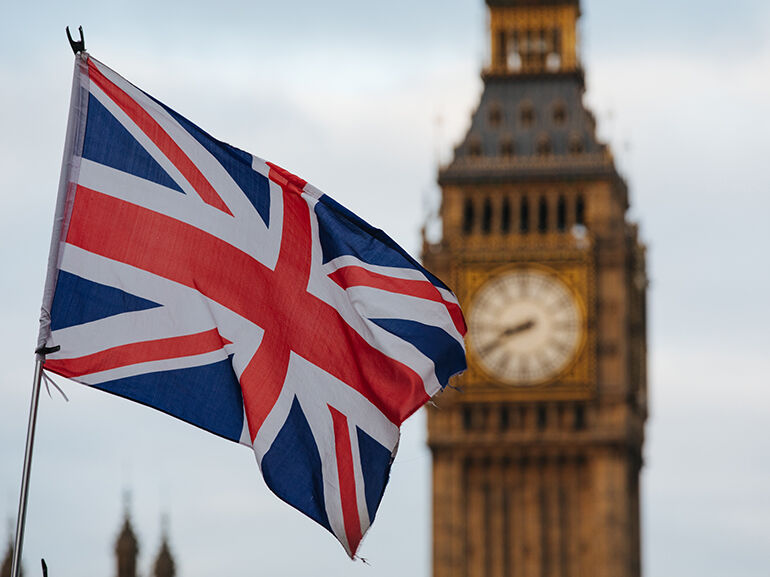The UK Supreme Court has ruled that the legal definition of “woman” under the 2010 Equality Act applies only to individuals biologically female, excluding transgender women even if they hold a Gender Recognition Certificate.
The landmark decision followed a legal challenge by the group Women for Scotland (FWS) against the Scottish government, reigniting debates over gender identity, biological sex, and women’s rights.
The 2010 Equality Act, a cornerstone of UK civil rights law, was designed to ensure protections for groups including those based on sex and gender reassignment. However, ambiguity over the term “woman” — particularly amid evolving cultural debates on gender identity — led to conflicting interpretations.
Tensions escalated in 2018 when Scotland passed legislation expanding the legal definition of “woman” to include transgender individuals with official gender recognition. Critics argued this undermined protections for biological women in single-sex spaces, such as domestic violence shelters, locker rooms, and public bathrooms, while creating legal confusion for institutions.
FWS, backed by women’s rights advocates, petitioned the court to revert the definition to biological sex, citing safety and fairness concerns. The Supreme Court’s ruling now clarifies that only individuals “biologically female at birth” fall under the Act’s definition of “woman.”
Implications of the Ruling
- Single-Sex Spaces:
The decision reaffirms protections for biological women in gender-exclusive areas. Advocates argue this safeguards vulnerable groups, such as survivors of sexual violence, who reported discomfort with the presence of biologically male individuals in shelters. - Sports and Fairness:
The ruling impacts athletic policies, where critics of transgender inclusion have raised concerns about physiological advantages. The court acknowledged that biological differences, such as muscle mass and bone density, could compromise competitive fairness in women’s sports. - Institutional Clarity:
Schools, hospitals, and service providers now have a legal framework to design policies based on biological sex, reducing ambiguities that previously led to lawsuits and operational challenges.
Cultural and Legal Context
The ruling arrives amid a polarized cultural climate in Western societies, where traditional definitions of gender increasingly clash with identity-based frameworks. Critics of gender self-identification argue it erodes women’s rights and scientific clarity, while transgender advocates condemn the decision as exclusionary.
The UK government welcomed the verdict, calling it a “step toward clarity.” A spokesperson stated, “Women’s single-sex spaces will always be protected,” emphasizing that institutions can now enforce policies “with confidence.”
Unresolved Questions
While the ruling addresses legal ambiguities, it leaves broader societal tensions unresolved. Key concerns include:
- Cultural Shifts: Can legal definitions counter rapid redefinitions of gender identity in education, media, and public policy?
- Social Cohesion: How will the decision impact transgender individuals’ access to healthcare, employment, and public life?
- Global Influence: Will other nations follow the UK’s lead, or will progressive gender policies continue to dominate?
Looking Ahead
The Supreme Court’s decision marks a pivotal moment in the UK’s gender rights landscape. However, observers caution that legal clarity alone cannot resolve deeper cultural fractures. As debates over biology versus identity persist, the ruling may fuel further activism on both sides of the issue.
Translated by Jahanbanu from IRNA.


